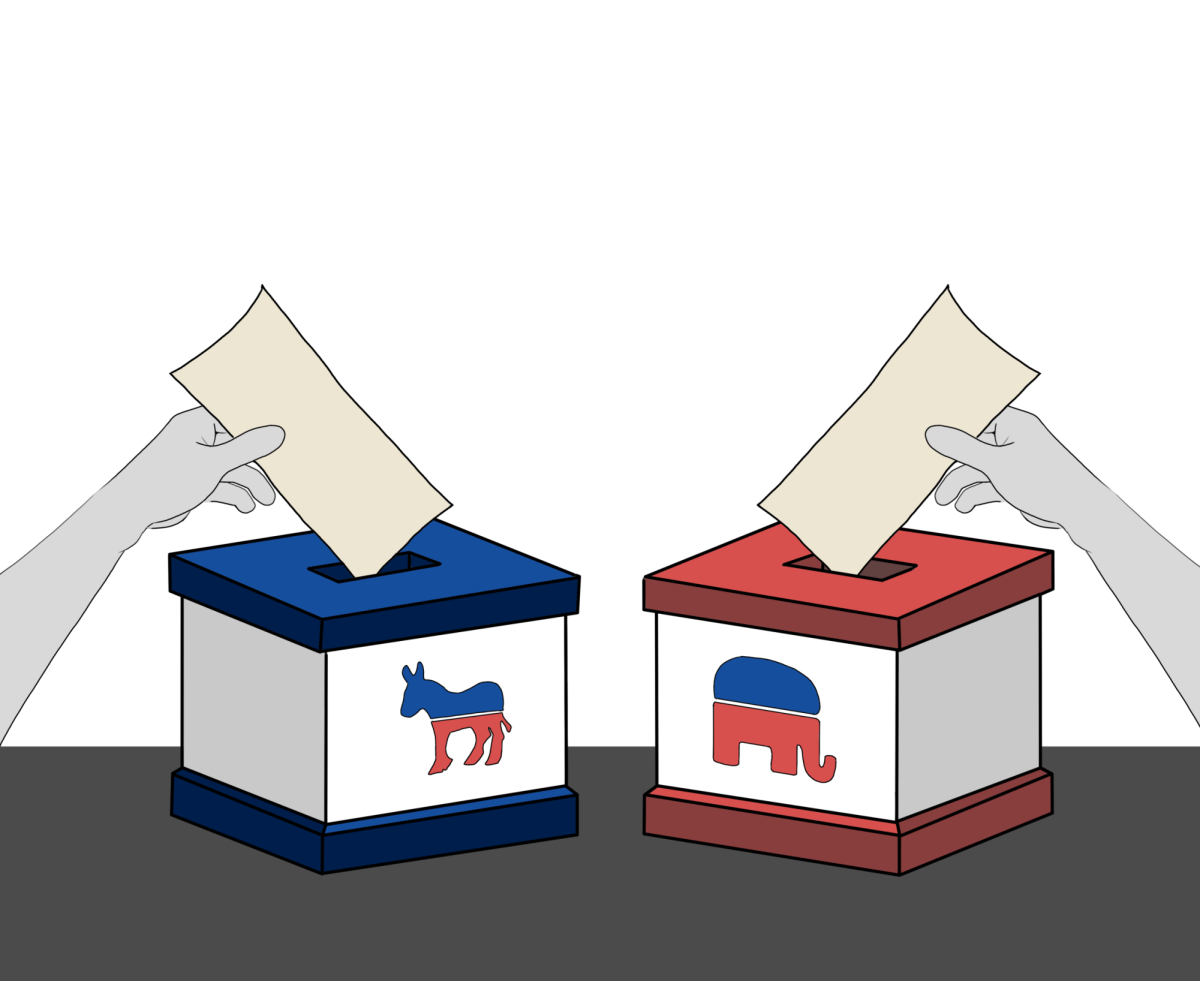The net needs neutrality
January 22, 2018
With the internet being a necessity at school, home and work, it is a vital part of everyone’s lives. Over the last few years, net neutrality regulations have “ushered in an unprecedented era of innovation, creativity & civic engagement,” according to Netflix. Without net neutrality and its bright-line rules, the internet’s integrity will be jeopardized, hurting both consumers and competitors alike.
Without net neutrality, companies won’t be competing on a level playing field. Internet service providers (ISPs), who provide access to the internet, could promote partner companies and provide them an advantage over their competitors. Specifically, these sponsored websites and companies would gain more traffic by being prioritized by their partner ISPs. Additionally, smaller startup companies could be at a disadvantage, since they may not have a partner ISP. Website prioritization will hurt the internet’s market competition by creating unnecessary bias.
In addition to companies being hurt by an anti-competitive playing field, consumers will also be negatively impacted by the removal of net neutrality. Without net neutrality’s content blocking regulations, providers will be able to block websites as they please. Furthermore, they could change their payment plans to a content-bundle model, one similar to television channel packages. In this model, consumers would have to pay to reach certain entertainment websites such as Netflix or news websites such as The Washington Post. As a result, consumers may have to pay more money just to access certain parts of the internet.
With the removal of these important regulations, opponents to net neutrality will be fast to argue their positions. After the repeal, ISPs that prioritize their partners and block content will receive a strong backlash from their consumers, so they won’t immediately change their practices. Many opponents to an open internet will argue that this quiet period proves the internet is fine without regulations, when in fact issues will arise in the long run. By the time most people have forgotten about this issue, ISPs will be able to change their business practices with less objection from their customers.
While the Restoring Internet Freedom Act boasts to keep transparency, the damage will be done. The fact that ISPs will have to expose their business models does not change the negative effects that consumers and competitors will face. Instead, it verifies that these companies are not breaking the internet’s guidelines. In this case, however, these guidelines present a harm in and of themselves.
While the Federal Communications Commission (FCC) thinks the repeal of net neutrality will greatly benefit the internet, there are many who think otherwise. Over the last couple of months, millions of consumers and many well known platforms such as Twitter, Imgur and Mozilla have spoken out against the FCC’s move. In addition, some of the internet’s pioneers made a statement to the FCC, advising the commision to keep the laws. Even with all this feedback, the FCC still voted to pass its Restoring Internet Freedom Act order on Dec. 14, 2017. The commission’s decision to end net neutrality has ignored the internet’s users, competitors and creators and may hurt the integrity of the platform in the years to come.















![[DEBATES] Prestigious colleges: value or hype?](https://www.mvviewer.org/wp-content/uploads/2024/12/buildings-1200x654.png)



































![[OPINION] The dark origins of TikTok's looksmaxxing trend](https://www.mvviewer.org/wp-content/uploads/2024/02/Copy-of-Copy-of-Untitled-Design-1200x675.png)









![[DEBATES] Prestigious colleges: value or hype?](https://www.mvviewer.org/wp-content/uploads/2024/12/buildings-600x327.png)





